New Yorkers Challenging Wrongful Convictions Rally & Press Conference
New York Officials and Members of Exonerated Five Champion Bill Package to Challenge Wrongful Convictions
“We are collectively demanding today that not one more person suffer under our wrongful conviction problem.”
12.16.21 By Innocence Staff
New York State Sen. Zellnor Myrie and Assemblyman Clyde Vanel unveiled a promising package of bills that will reveal and prevent wrongful convictions in the state of New York on Dec. 15.
“I ask you today, would you spend a day incarcerated for a crime you did not commit?” said Sen. Myrie, a co-sponsor of two of the three bills in the package.
The elected officials were joined by Kevin Richardson, Yusef Salaam, and Raymond Santana —members of the Exonerated Five — at the corner of Central Park, a site of significance for the men who were wrongly convicted of assaulting a jogger in the park in 1990. Police interrogated all five of the teenagers accused of the assault separately, lying to each of them, including telling them that evidence implicated their guilt to coerce confessions, though no such evidence existed.
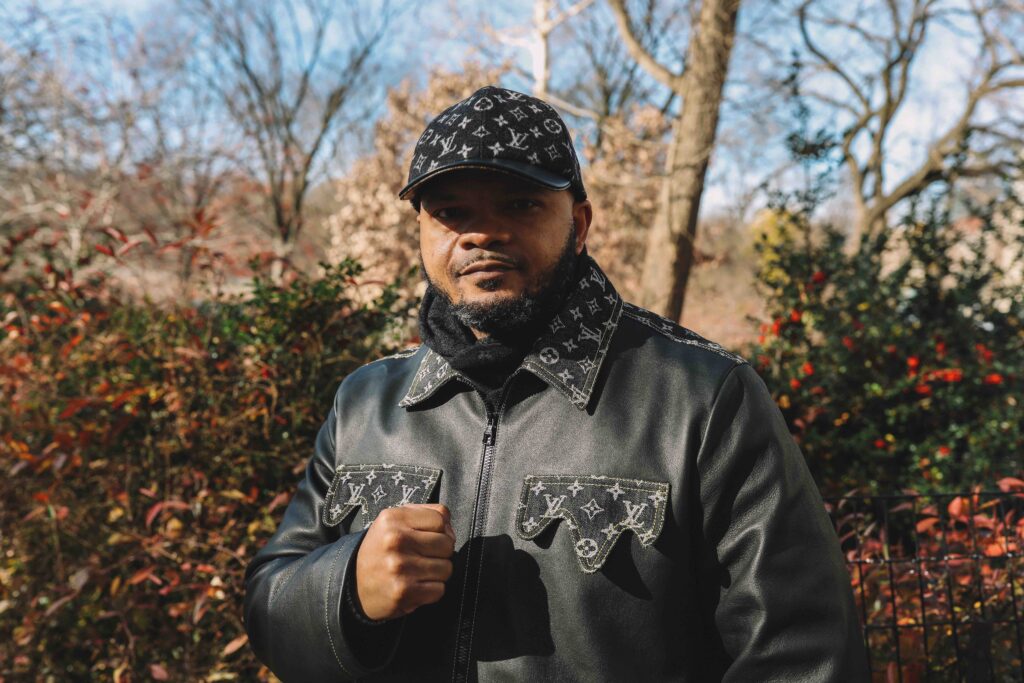
Kevin Richardson, of the Exonerated Five, introducing a criminal justice package of bills in New York on Dec. 14, 2021 in Central Park. (Image: Elijah Craig/Innocence Project)
The men urged dozens of community members who gathered to listen to support the bills, which would prevent the same deceptive tactics employed against them as children to be used against others.
“It’s about accountability,” Mr. Richardson said. “These things have been going on way too long. Right in this park right here, which is our backyard, they labeled us a ‘wolfpack.’ They called us animals. They said we deserve to be hung from the same place that we grew up from.”
Sharonne Salaam, Dr. Salaam’s mother, and exonerees Marty Tankleff and Derrick Hamilton also shared their stories with the crowd.
To date, 303 New Yorkers have been exonerated of crimes they didn’t commit, while thousands more may still be behind bars because of the use of coercive and unreliable police tactics that lead to wrongful conviction.
“This isn’t a Democrat or Republican issue. This is a moral imperative. This is an issue of the heart.”
“This isn’t a Democrat or Republican issue. This is a moral imperative. This is an issue of the heart,” Sen. Myrie said. “We are innocent before we are proven guilty. We are collectively demanding today that not one more person suffer under our wrongful conviction problem.”
The package of bills includes one that would ban the use of deceptive police interrogation tactics and would require confessions to be assessed for reliability before they are allowed as evidence in court. Currently, law enforcement can legally lie to adults during interrogations in all 50 states. Last year, Illinois and Oregon became the first states to ban deception during interrogations of minors only.
Another of the package’s bills — the Challenging Wrongful Convictions Act — would allow people who pleaded guilty to crimes they did not commit to file post-conviction claims to have their cases reviewed and convictions overturned in cases that do not have DNA evidence. In New York, people with claims of innocence are currently only able to get back into court if DNA evidence in their case could prove their innocence. This requirement is extremely limiting as biological evidence that could prove guilt or innocence exists in less than 10% of criminal cases.
Of the more than 2,900 people who have been exonerated since 1989, more than 20% pleaded guilty to crimes they didn’t commit, according to the National Registry of Exonerations. Often, innocent people plead guilty because they are coerced, don’t think they will win at trial, and are facing incredibly harsh penalties if they take their chances on going to trial.
“It’s about accountability.”
The third and final bill in the package — the Youth Right to Remain Silent Bill — would protect minors in contact with law enforcement by requiring that they consult an attorney before waiving their Miranda Rights. Members of the Exonerated Five said that had such a law existed at the time of their arrest, it may have prevented their wrongful convictions and many others.
Take a look at highlights from the rally below.
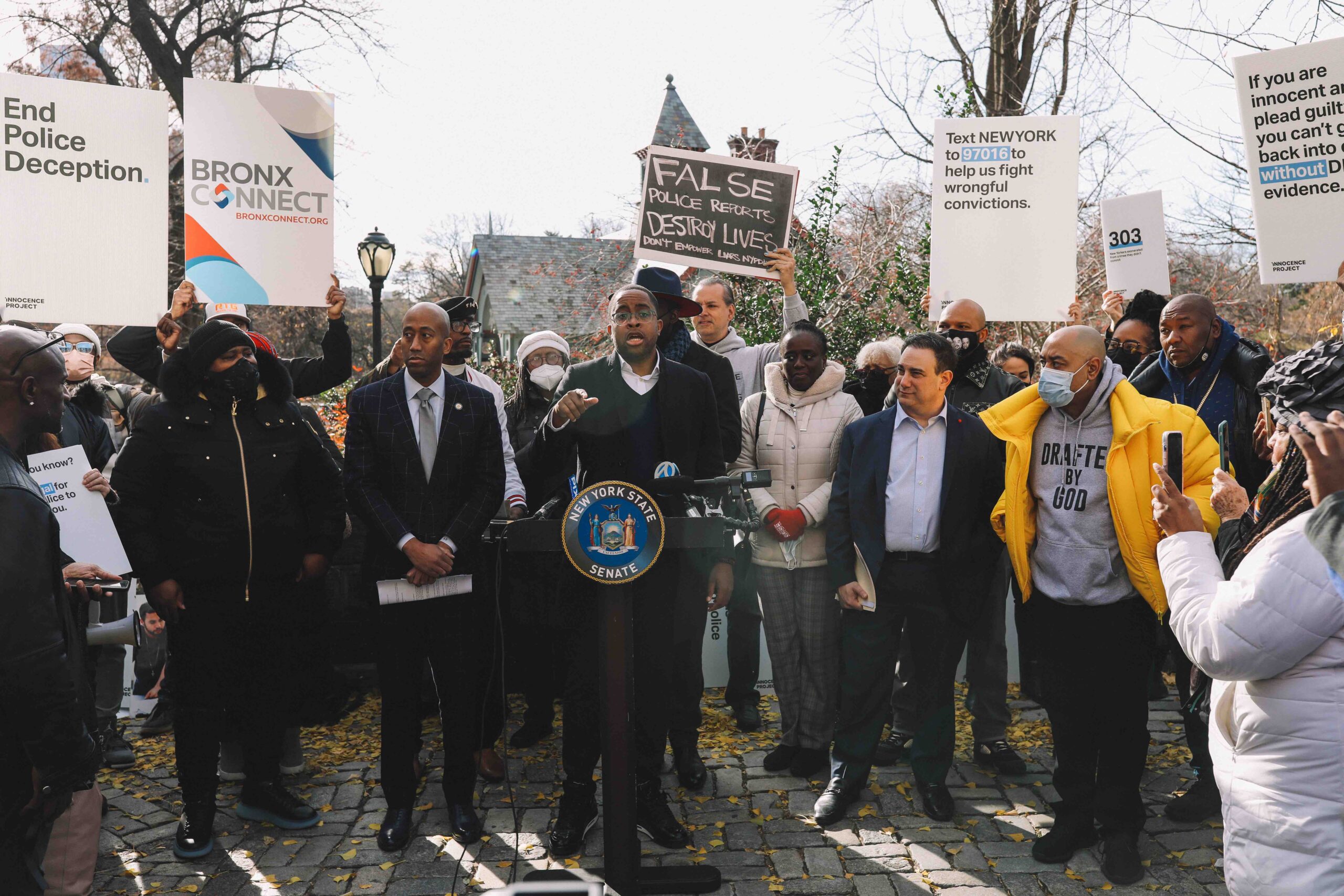
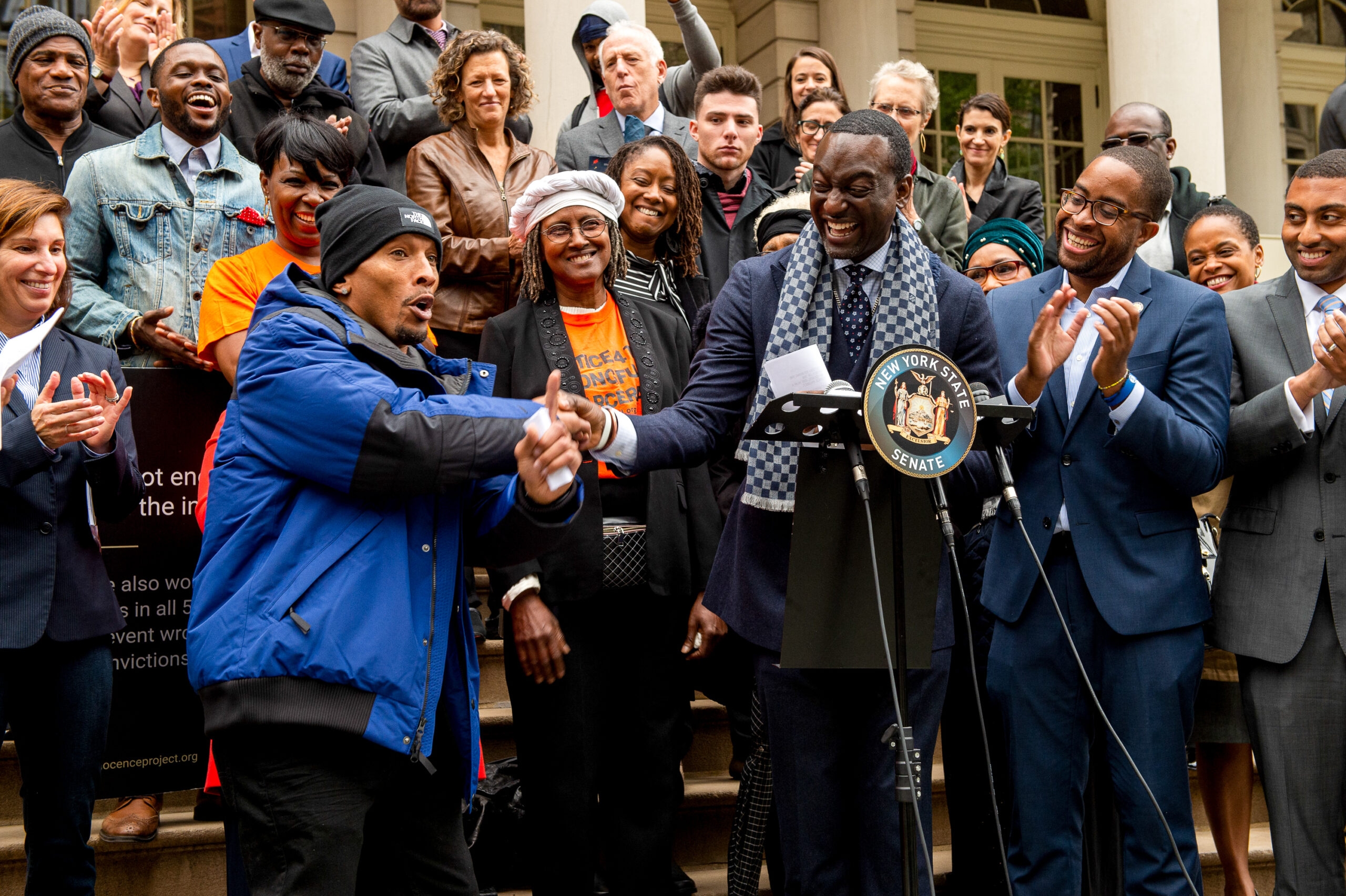
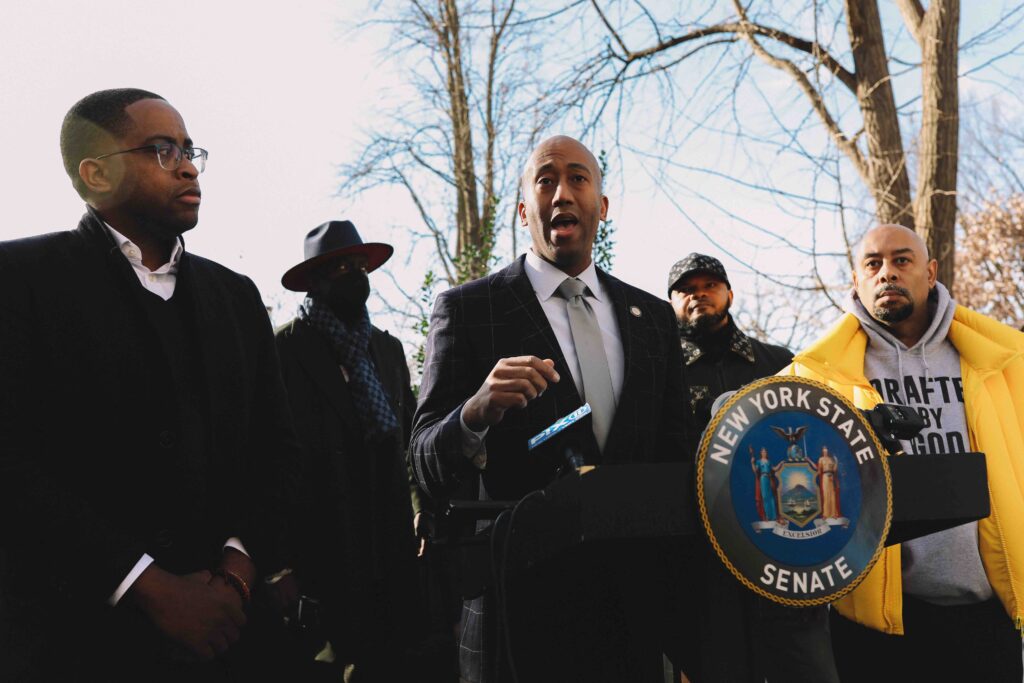
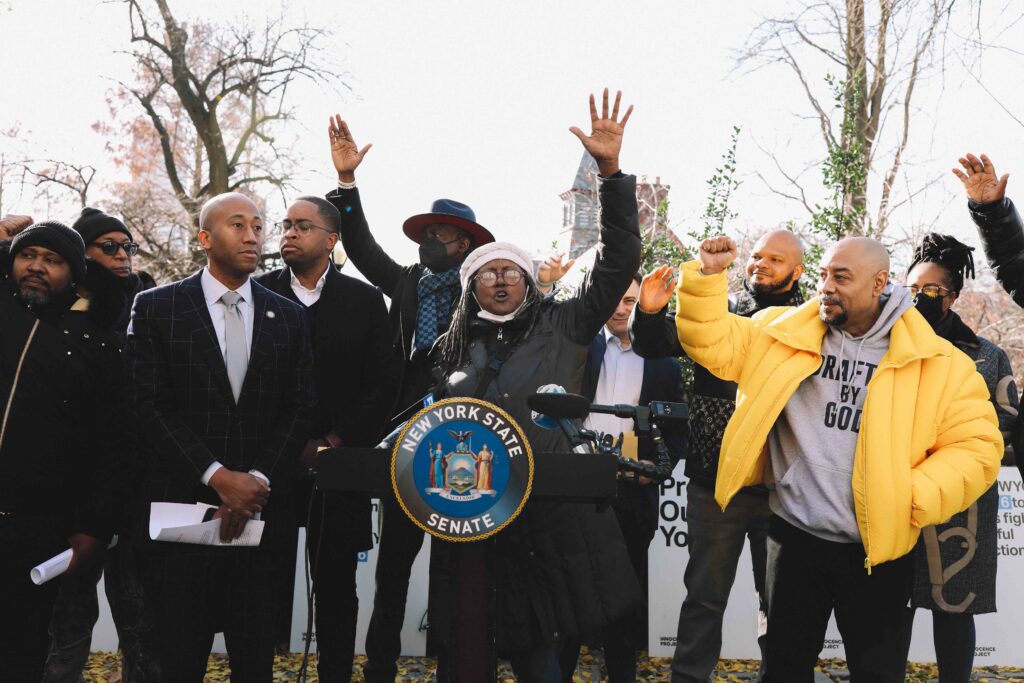
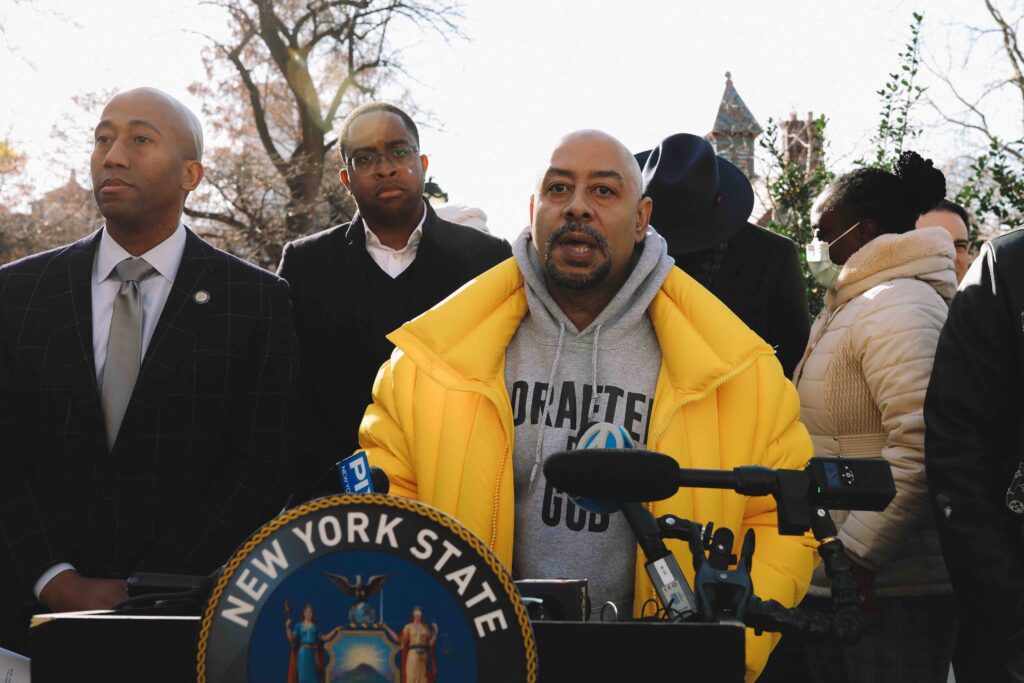
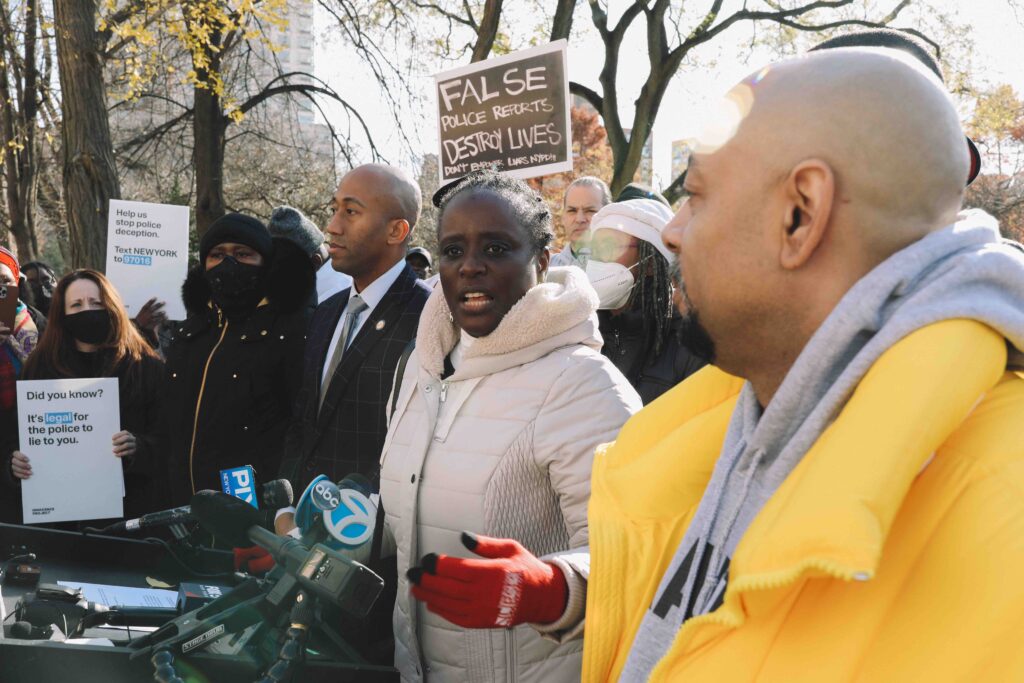
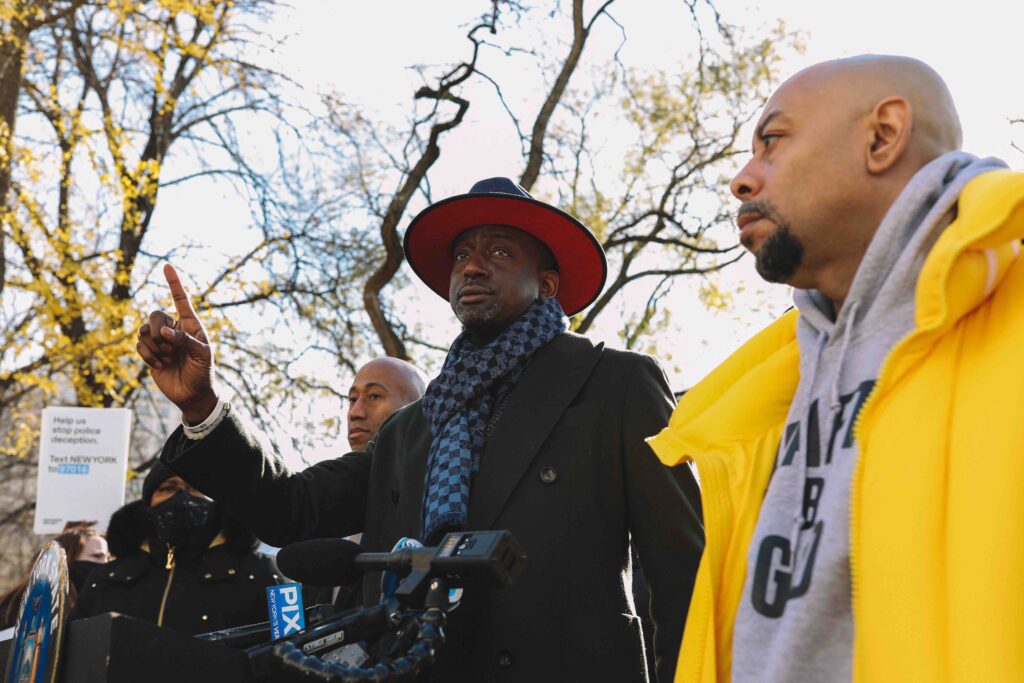
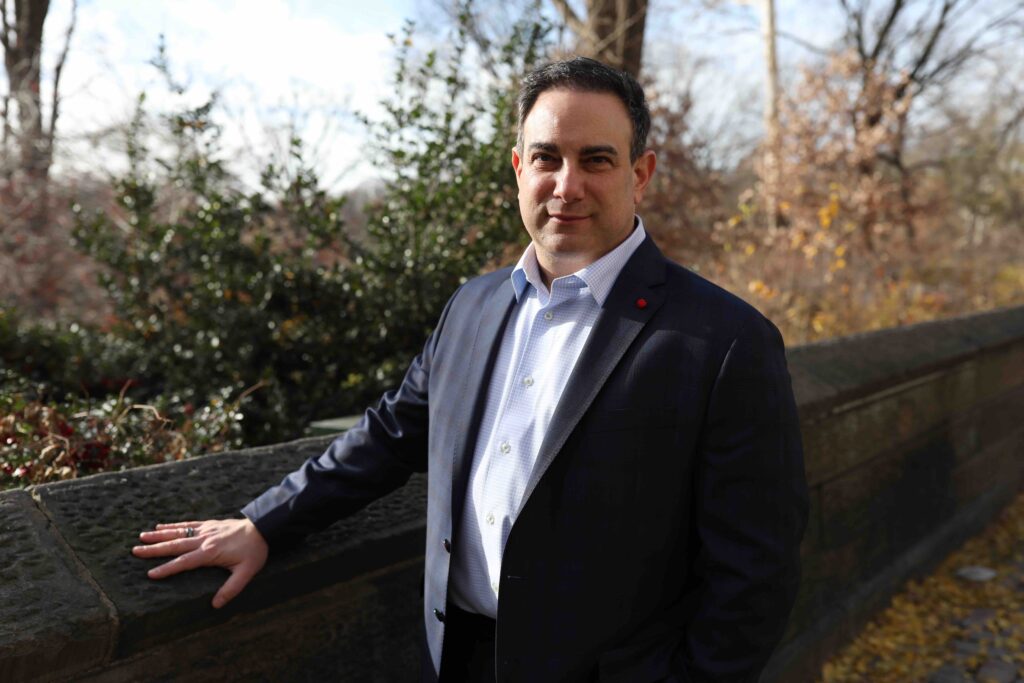
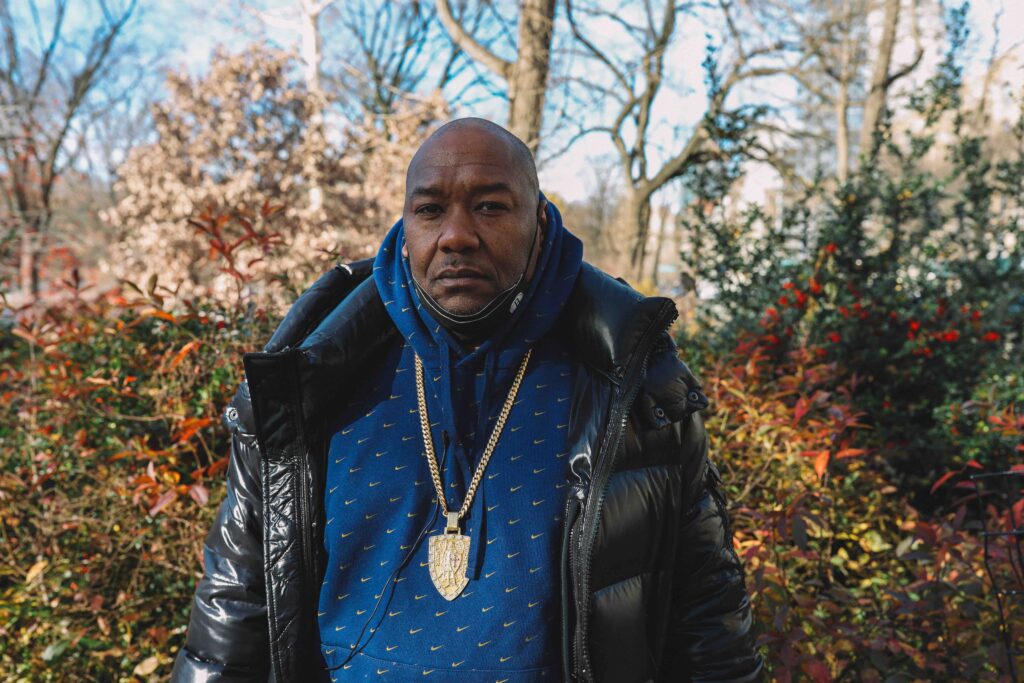

How do we contact Dr. Yusef Salaam? We would like to have a conversation.